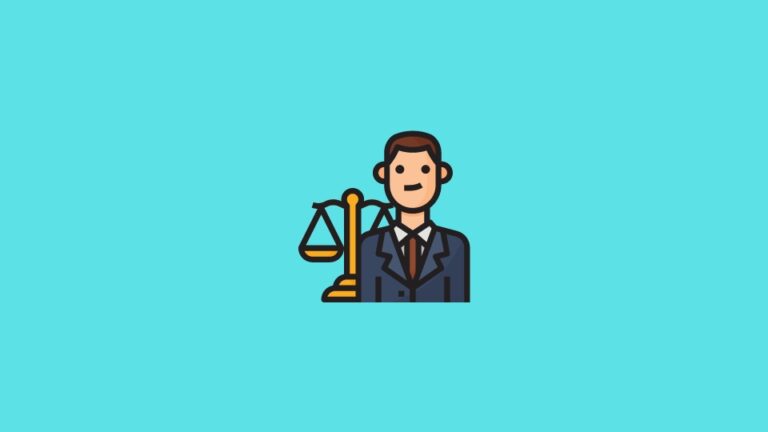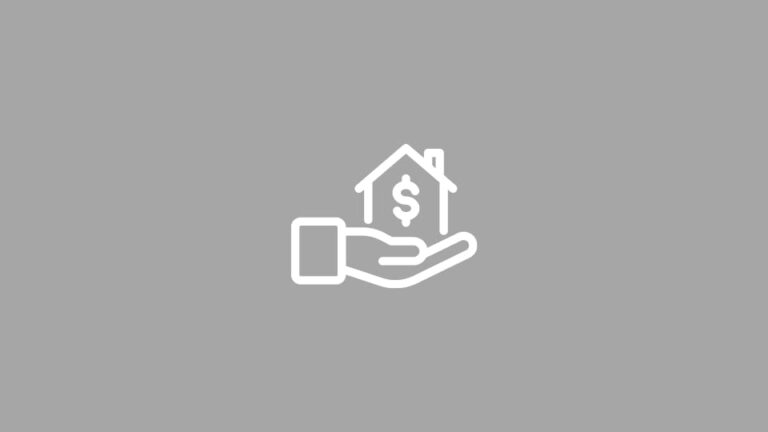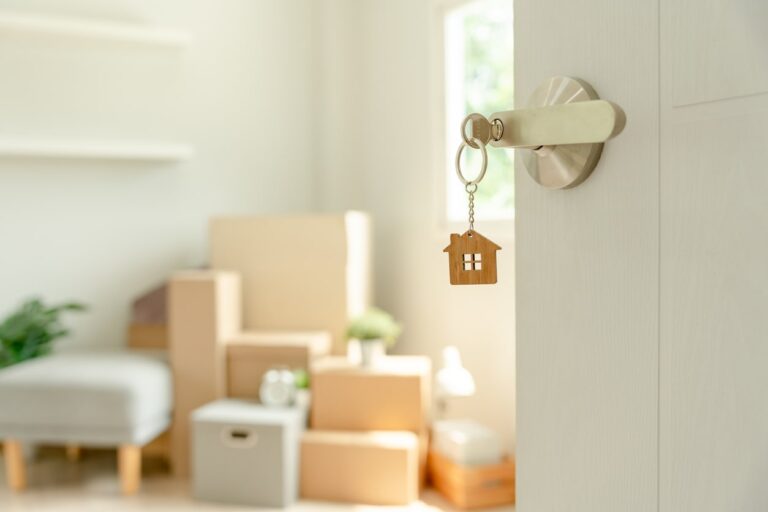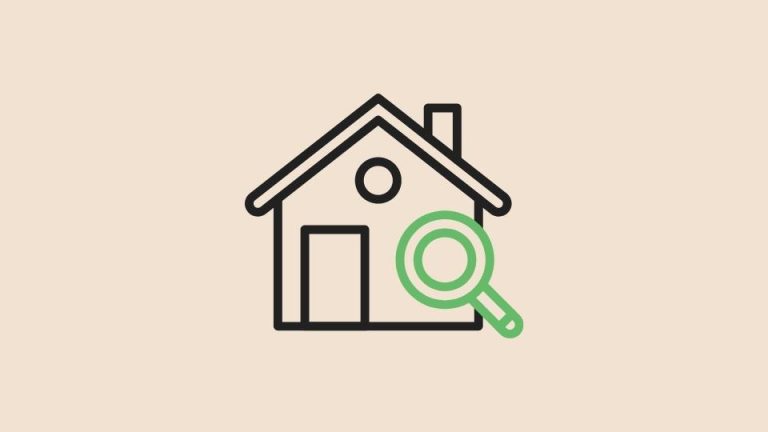Can a Landlord Look in My Closet?
You’re a new renter, and you’re not sure what your rights are regarding privacy. Can your landlord come into your apartment without warning and take a look in your closet?
You have the right to privacy in your home, including your closets! Your landlord cannot just come into your apartment without warning and start snooping around. If they want to enter your home for any reason, they must give you proper notice first.
A Landlord has the right to their real estate property, but that does not mean they can invade your privacy. The landlord can look at your closet If you have signed a lease that includes a clause allowing the landlord to inspect the apartment periodically.
However, even in this case, the landlord must still give you reasonable notice before entering. If you haven’t signed any such clause, your landlord needs your permission before coming in.
So, if you’re ever worried about your landlord snooping around in your closet (or anywhere else in your home), make sure you have a solid lease agreement. And always remember, you have the right to say no if you don’t feel comfortable with someone coming into your space.
If you have any concerns about your landlord snooping around, talk to them about it. Establishing clear boundaries from the beginning will help ensure that everyone is on the same page and that your privacy is respected.
Can a Landlord Look in My Closet?
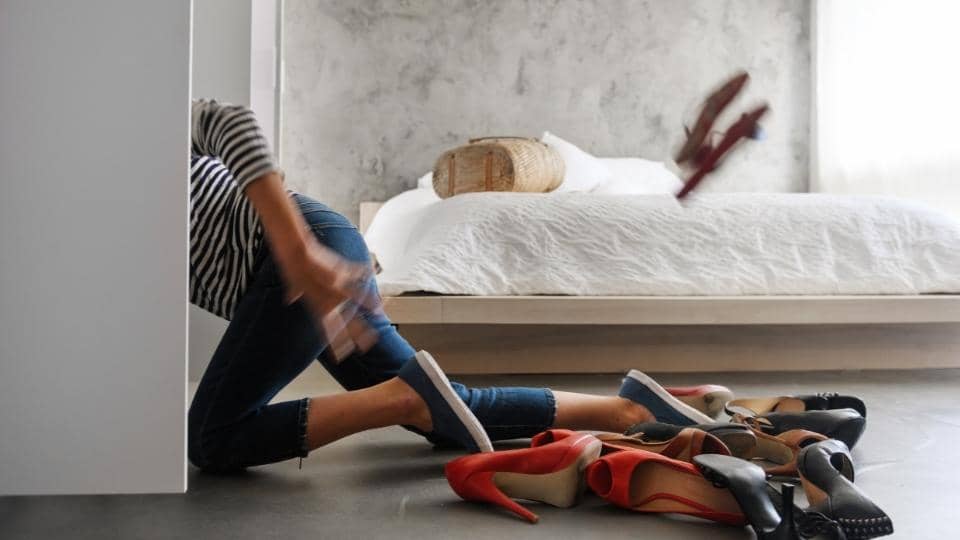
No, a landlord cannot look in your closet without your permission or a warrant. Your closet is considered part of your private living space, so your landlord must respect your right to privacy.
What Are a Tenant’s Rights When It Comes to Privacy?
As a tenant, you have the right to privacy in your own home. This means that your landlord cannot just come into your apartment or house without giving you notice first. In most cases, your landlord must give you at least 24 hours’ notice before coming over.
However, there are some exceptions to this rule. For example, if there is an emergency, such as a plumbing leak or faucet leakage, your landlord may not need to give you notice before coming in.
Additionally, if you have given your landlord permission to enter or are not home when the landlord comes over, he or she can enter your apartment. Or, if your lease says something different, the terms of your lease may override your right to privacy.
Inspection
Every now and then, your landlord may need to enter your apartment for inspection purposes. For example, they may need to check the condition of the unit or see if any repairs are required. However, this doesn’t mean they can look through your belongings.
During an inspection, the landlord can only look in areas that are considered common areas. This means the landlord cannot go through your bedroom drawers or look in your closet.
Overall, the landlord must have a legitimate reason for entering your apartment and give you proper notice before doing so. And during an inspection, the focus should be on real estate property, not the tenant’s personal belongings, such as clothing, jewelry, or other items in the closet.
However, they can look for mold, mildew, and roaches in your closet. During this process, the landlord can ask you to move your belongings if they are in the way but cannot go through them.
What can a landlord look at during an inspection?
Most landlords conduct periodic inspections of their rental properties to ensure that the tenants take good care of the property and that there is no damage.
During an inspection, a landlord may look at many things, such as the condition of the walls, floors, and ceilings; the cleanliness of the kitchen and bathroom; and whether there is any evidence of pests.
A landlord may check to see if any repairs are needed, such as fixing a leaky faucet or patching up holes in the walls.
Overall, a landlord’s primary focus during an inspection should be on the property’s condition, not on the tenant’s personal belongings.
What Would Circumstances Allow a Landlord to Look in Your Closet?
Only three circumstances under which a landlord would be allowed to look in your closet.
When It’s Covered Under Lease Terms
If your lease has a clause that allows your landlord to enter your apartment for inspections or other purposes, then they can do so without giving you notice.
For example, some leases state that the landlord can enter the unit monthly for inspection purposes. In this case, the tenant would not have the same privacy rights as someone who does not have this clause in their lease.
When There’s an Emergency
If an emergency, such as a fire or flood, your landlord can enter your apartment without notice. Additionally, if your landlord suspects that you are damaging the property or putting other tenants in danger, he or she may also be able to enter without notice.
For example, if your landlord hears a loud noise coming from your apartment in the middle of the night, he or she may enter to ensure everything is okay.
After You’ve Been Evicted
If you have been evicted, your landlord can change the locks on your apartment and put your belongings in storage for a certain amount of time. During this, you can pick up your belongings. Once this period passes, the landlord can keep and dispose of your belongings.
In some cases, a local sheriff will take care of your things.
Does a Landlord Have the Right to Move Your Belongings While Showing the Property?
Your landlord will show the property if you plan to move out at the end of your lease. While living in the rental property, your belongings will still be there. Even if your landlord shows the property to potential new tenants, they are not allowed to touch or move any of your personal belongings.
Your landlord has to inform you before showing the property. This gives you the advantage of moving out the things that you don’t want to show new renters.
Tips Tenants Can Do To Enforce Their Right To Privacy
As a tenant, it is important to be aware of your privacy rights and to assert them when necessary. Here are a few tips for enforcing your right to privacy:
1. Know your lease terms. Make sure you know what is allowed and not allowed in your lease agreement. If your landlord tries to enter your apartment without giving you proper notice, you can point to the lease agreement to show that he or she is breaking the rules.
2. Keep a journal of all interactions with your landlord. If you find your landlord constantly entering your apartment without notice or violating any other aspects of your lease agreement, keep track of all interactions in a journal. This will help you prove that these violations are taking place.
3. Consult an attorney. If you feel like your landlord is abusing their power or violating your rights, consult an attorney who can help you protect yourself.
4. Break your lease. If you no longer feel safe in your apartment because of your landlord’s actions, you may want to consider breaking your lease and moving out. However, this should be done as a last resort, as it can be difficult to find another place to live on short notice.
What to do if Landlord Damages Belongings
If your landlord damages your belongings while he or she is showing the property to potential new tenants, you may be able to sue for damages. This is especially true if the damage was done intentionally or if your belongings were of great value.
To prove that your landlord is liable for the damages, you will need to show that he or she was negligent in some way. For example, if your landlord allowed potential new tenants to smoke cigarettes inside the rental unit, and your belongings were damaged as a result, you may be able to sue for damages.
You will also need to show that the damage was caused by the landlord’s actions. If you can prove that the damage was caused by the landlord’s negligence, you may be able to recover the cost of repairing or replacing your belongings.
If you are considering suing your landlord, it is important to consult an attorney who can help you determine whether or not you have a case.
FAQs
Can my landlord come into my apartment without notice?
No, your landlord cannot enter your apartment without giving you proper notice. In most cases, your landlord must give you at least 24 hours notice before entering the property.
Can my landlord look through my personal belongings?
No, your landlord cannot look through your belongings without your permission. If you have given your landlord permission to enter the property, he or she can only look in areas where it is reasonable to expect someone to keep their belongings. For example, your landlord cannot rummage through your dresser, drawers or closet without your permission.
Can my landlord evict me if I refuse to allow them to enter my apartment?
No, your landlord cannot evict you for refusing to allow them to enter your apartment. If your landlord tries to evict you without cause, you may be able to sue for wrongful eviction.
do home inspectors look in closets?
During a home inspection in Texas, the inspector will examine the inside of any unlocked closets. They will check for any visible damage or issues and may move small items in the closet to get a better view. However, they will not remove securely fastened items or pull up carpeting. To properly assess the property’s condition, the inspector needs to have access to various areas of the home, including attics, crawl spaces, basements, and circuit breakers. They will look for water damage, safety hazards, material defects, and properly wired electrical outlets.


